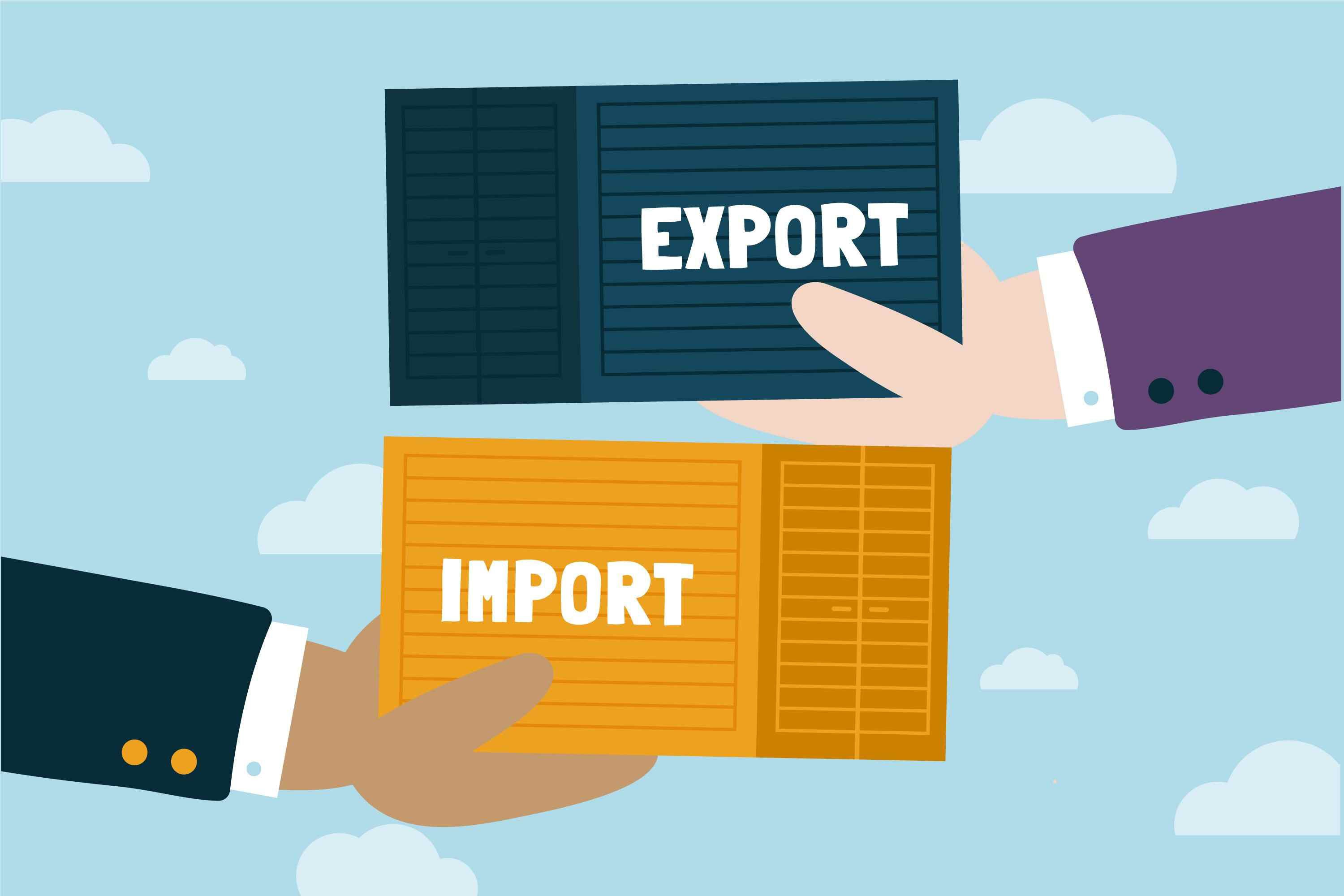
Sea Shipping to the Middle East is a crucial aspect of global trade, considering the region's strategic location as a bridge between Asia, Europe, and Africa. As such, it is essential to understand the regulations and rules that govern the movement of goods through the region. This article explores the key aspects of ocean shipping rates to the Middle East, covering issues such as customs, documentation, and port procedures.
3 Rules & Regulations for Shipping to the Middle East via Ocean
Customs Regulations
Customs regulations are a critical aspect of sea shipping to the Middle East. Each country in the region has its own set of rules and regulations, and it is vital to comply with them to ensure a smooth and hassle-free shipment process. The customs authorities in the Middle East are known for their strict enforcement of regulations, and failure to comply with these regulations can lead to delays and even seizure of goods.
One of the essential requirements for ocean shipping rates to the Middle East is the submission of proper documentation. This includes commercial invoices, bills of lading, packing lists, and certificates of origin. These documents must be accurate, complete, and conform to the requirements of the destination country. It is also essential to ensure that all the necessary permits and licenses are obtained before shipping to the Middle East.
Another critical aspect of customs regulations in the Middle East is the labeling and packaging of goods. Products that are shipped to the region must be labeled in Arabic or English, and the packaging must comply with the regulations of the destination country. For example, some countries in the Middle East prohibit the use of certain materials in packaging, and failure to comply with these regulations can lead to the rejection of the shipment.
Documentation Regulations
Documentation regulations are another crucial aspect of sea shipping to the Middle East. As mentioned earlier, proper documentation is necessary for customs clearance, and failure to comply with documentation requirements can lead to delays or even seizure of goods. Therefore, it is essential to understand the documentation requirements for sea freight rates of the destination country and ensure that all necessary documents are in order.
One of the essential documents required for shipping to the Middle East is the bill of lading. This document serves as proof of ownership of the goods and provides details about the shipment, such as the name of the shipper, the consignee, and the destination port. It is also essential to ensure that the bill of lading is accurate and matches the details on other shipping documents.
Another critical document required for shipping to the Middle East is the commercial invoice. This document provides details about the goods being shipped, including the value, quantity, and description. The commercial invoice must be accurate and match the details on other shipping documents.
Port Procedures
Port procedures are also an essential aspect of shipping to the Middle East. Each port in the region has its own set of rules and regulations, and it is vital to understand these procedures to ensure a smooth and efficient shipment process.
One of the critical aspects of port procedures in the Middle East is the inspection of goods. Customs authorities in the region may inspect goods upon arrival to ensure compliance with regulations. It is essential to ensure that all necessary permits and licenses are obtained before shipping to the Middle East to avoid any issues with inspections.
Another critical aspect of port procedures in the Middle East is the handling of dangerous goods. These goods require special handling procedures and must be declared and labeled properly to ensure compliance with regulations. Failure to comply with regulations for the transportation of dangerous goods can lead to severe consequences, including fines and even imprisonment.
Here is a Table Summarizing Some of the Key Regulations and Rules for Shipping to the Middle East:
|
Category |
Key Points |
|
Customs regulations |
- Submit proper documentation Labeling and packaging requirements Compliance with regulations |
|
Documentation regulations |
- Bill of lading Commercial invoice Accuracy and matching details |
|
Port procedures |
- Inspection of goods Handling of dangerous goods Compliance with regulations |
|
Prohibited items |
- Firearms, alcohol, drugs, certain types of food products |
|
Tariffs and duties |
- Each country has its own rates |
|
Packaging requirements |
- Some countries may require specific types of packaging |
|
Transit times |
- Can vary significantly depending on destination and method |
|
Insurance |
- Recommended to obtain insurance for shipments |
Conclusion
Shipping to the Middle East via sea requires a thorough understanding of regulations and rules that govern the movement of goods through the region. Compliance with customs, documentation, and port procedures is essential to ensure a smooth and efficient shipment process. Failure to comply with these regulations can lead to delays, seizure of goods, and even legal consequences. Therefore, it is essential to work with a reputable logistics service provider who has experience and knowledge of the regulations and rules for sea shipping from India to the Middle East.
Working with a reputable freight forwarder can ensure that all necessary documentation, permits, and licenses are obtained before shipping. They can also advise on the packaging and labeling requirements of the destination country, reducing the risk of rejection of the shipment. Furthermore, they can help navigate the complex port procedures, including inspections and handling of dangerous goods.
In addition, it is essential to stay up-to-date with any changes to regulations and rules for sea shipping from India to the Middle East. These regulations can change quickly, and failure to comply with updated regulations can lead to significant issues with the shipment and sea freight rates.





 Get instant quote
and compare offers in real time
Get instant quote
and compare offers in real time